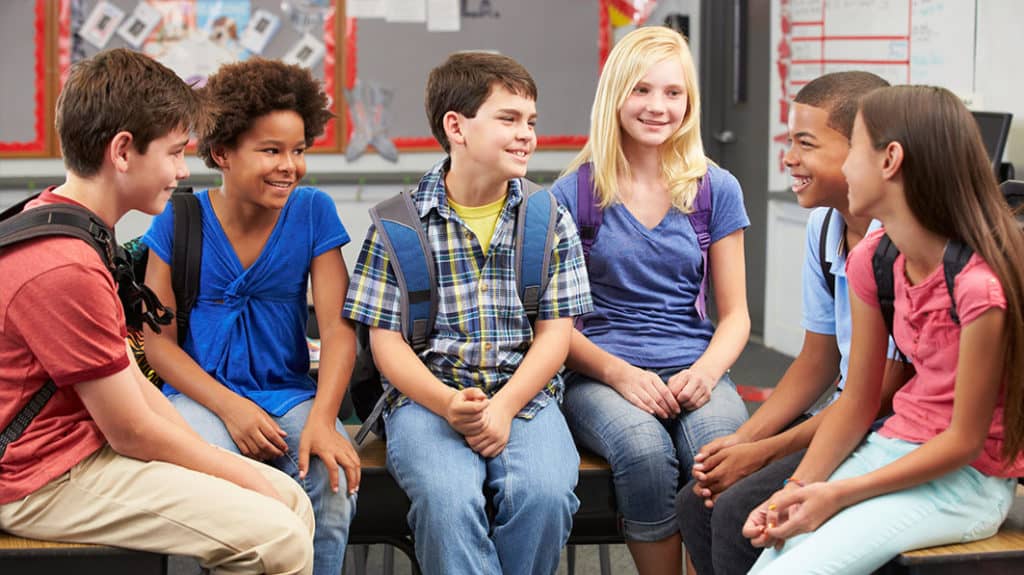
What Is Homeschooling? Is It Right for Me?
Let’s be honest: Homeschooling isn’t for everyone. Here is a look at what homeschooling is, and several ways to determine if it’s best for your family.

Pros and cons of public neighborhood schools
Public schools are best defined as government-funded schools, run by local school boards beholden to state board of education oversight. They are part of the government system that provides equal opportunity for education to all residents within district boundaries. As such, public schools are secular institutions and currently are limited in their ability to address the religious needs of their students.
Dr. Paul Hill from the University of Washington in, A Primer on America’s Schools, believes, “Public education is not defined by school boards that act as little legislatures, by categorical funding, by civil service employment of teachers, or by government monopoly. Public education rests on something deeper, a permanent American commitment to educating children by whatever means work.”
Much of the criticism leveled at public schools today is well earned. Parents have many concerns about public school including physical safety, academic rigor, secularization, and even indoctrination to controversial subjects that often offend religious and moral beliefs.
It should be noted, however, that public schools are responsible for, and credited with, educating millions of Americans…people who read, write, do math, vote, and raise great kids. Furthermore, public schools are staffed by our neighbors, friends, siblings, spouses, church volunteers, and fellow citizens. These teachers are also among the most educated in our society and many of them report a true sense of calling to their field.
Under the category of public schools there are several variations:
Public schools used to be strictly defined by neighborhood schools that were assigned according to boundaries drawn up by the school board. Children were assigned a school according to their physical address. Most adults today grew up in this school environment. Personally, I have good memories of my public school experience and few complaints about the quality of the programs I encountered. I appreciated the diversity of the student body and enjoyed being part of the broader community.
Unfortunately, I know people who grew up in more urban environments who cringe at the thought of attending their neighborhood school. In some cases, neighborhood schools work exactly as intended; in others they fall way short of expectations. Neighborhood schools are still very common manifestations in public school districts, but not quite the monopolies of past generations.
Interestingly, neighborhood schools have actually been passive recipients of parental choice for many years. Fully 63% of Americans exercise some form of choiceIbid. Some parents apply for an out-of-district permit in order to place their child in a particular school. Others choose to live within the defined boundaries of a neighborhood school with a good reputation. This is precisely why your zoned school has an effect on the value of your home. Schools with good reputations actually drive home prices up as parents compete for residences that guarantee placement in desirable schools.
Personally, we have found neighborhood schools to be a blessing for our circumstance. We have a son, Kyle, with special needs who requires significant accommodation. Private schools are unable to accommodate him. Our neighborhood schools found ways to work with Kyle and established an individual education plan (also known as an IEP) meant to set goals and create the best environment possible for his needs. IEPs may generate controversy, but they are honest attempts to make the very most of resources available for children that need special attention.
Pros of Neighborhood Schools
Cons of Neighborhood Schools